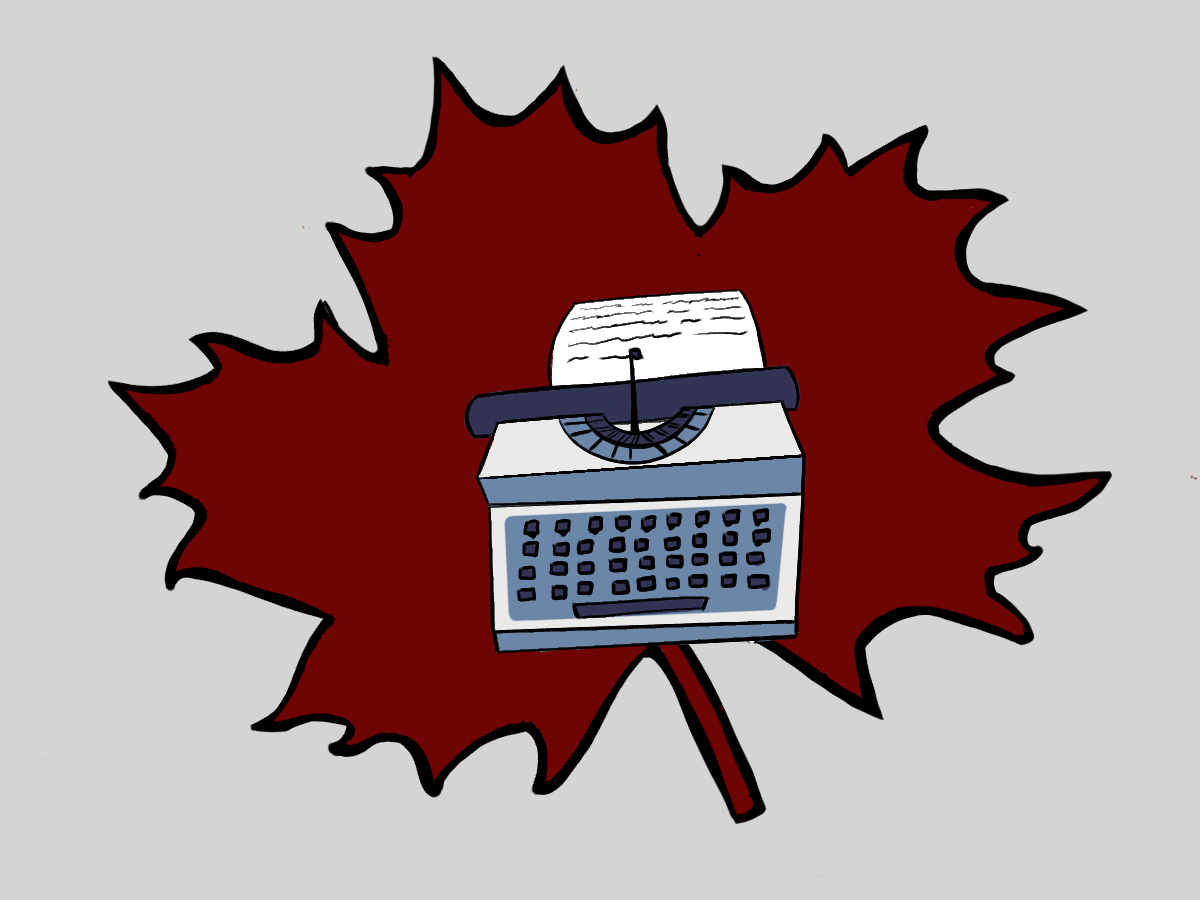While this article only covers a fraction of the talent that can be found from Indigenous writers, here are four suggestions for getting started
The landscape of Canadian literature is vast and varied. However, it has long been dominated by several household names, such as Margaret Atwood, Alice Munro, and Leonard Cohen. As a result, many of Canada’s Indigenous writers have yet to receive the recognition they deserve within the Canadian literary sphere. Although this article aims to showcase several gripping works from four writers, it covers a sliver of the Indigenous talent that can be found within CanLit. With that said, I encourage you to expand your horizons next time you may be at Indigo, instead of expanding your Atwood or O’Neill collection.
Many of the books mentioned below undoubtedly deal with difficult subject matter, but they also offer a firsthand account from individuals who have been impacted by Canada’s failure to acknowledge the country’s devastating colonialist handling of Indigenous people. Here are four authors that will have you binge-reading way past your bedtime.
Eden Robinson
Even though Eden Robinson has released several successful books, the author is still deserving of a wider audience. The Haisla and Heiltsuk writer is best recognized for her first book Traplines. This collection of short stories is hard to put down, as it follows several characters who navigate life on a reservation. This work is a great choice for those who might find themselves struggling to become invested in novels, as each short story is not only digestible but will have you yearning for more.
Those who prefer a hearty novel should consider reading the Trickster trilogy. Robinson infuses a sense of subtle magic within each book; however, the plot is still grounded in the everyday lives of the main character, Jared, and his family. Robinson recently released the last book of the trilogy, Return of the Trickster, this year. Readers certainly won’t be disappointed.
Tomson Highway
Although the Cree writer is best associated with playwriting, he’s also released several children’s books and novels. His well-known work The Rez Sisters is a two-act play, and readers will find themselves drawn in by the raw dialogue and believable characters. Highway’s style is free of gimmicks; he says it as it is, so readers will respect the amount of honesty he instills in each of his works.
For those seeking a novel, consider checking out Highway’s Kiss of the Fur Queen. This novel follows two brothers who are torn from their family and sent to a residential school. While subject-wise many parts of this book are hard to get through, Highway’s characters are resilient, and their passion for music sustains them during difficult times. This heavy read is worth every second.
Joshua Whitehead
You’ve most likely seen the two-spirited, Oji-nêhiyaw writer’s latest book Jonny Appleseed on display at many independent bookstores around the city. Jonny Appleseed is an emotional read, one that follows the two-spirited protagonist’s journey, both off the reserve and back to it, as he prepares for his stepfather’s funeral.
Whitehead is also well known for his poetry collection titled full-metal indigiqueer. This collection follows Zoa, a hybridized Indigiqueer trickster, as they attempt to “re-beautify and re-member queer Indigeneity.”
Michelle Good
This Cree writer is best known for her compelling book Five Little Indians, which won her a Governor General’s Literary Award. While this book is fictional, it is based on real-life experiences from five Indigenous children who endured numerous atrocities at residential schools during the 1960s. This is another difficult read, but very much worth your time. It demands your attention, and will have you struggling to put it down, especially near the end.
Though Five Little Indians is her debut novel, an assortment of Good’s poetry can be found in collections, such as The Best Canadian Poetry 2016 and Gatherings Volume VII. Good utilizes natural elements, such as rivers and stones, to capture feelings of grief that she has grappled with throughout her life. These poems demonstrate Good’s keen eye for detail, as she crafts vivid landscapes that every reader will appreciate.
Graphic by James Fay
